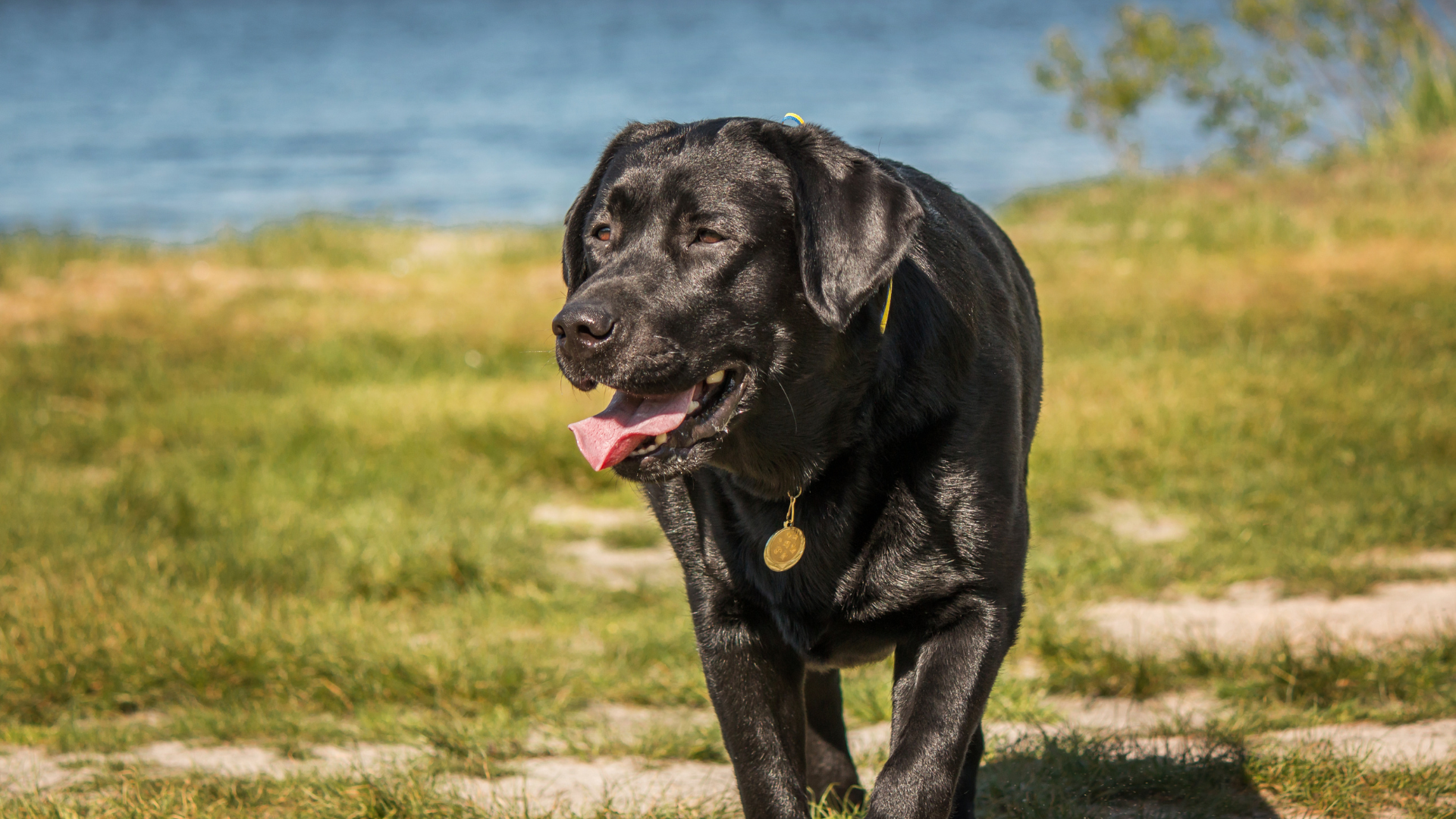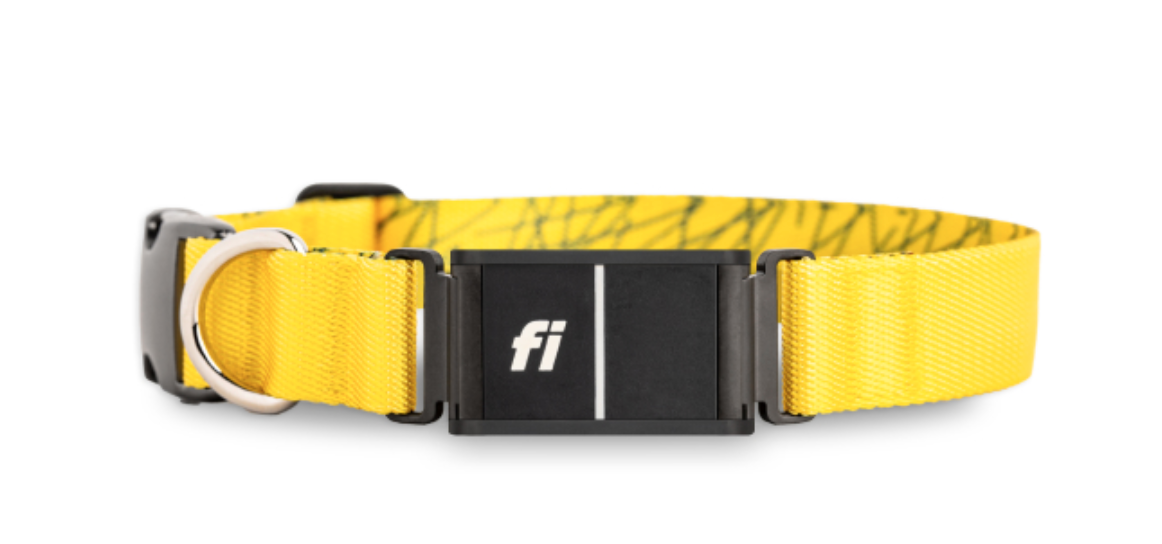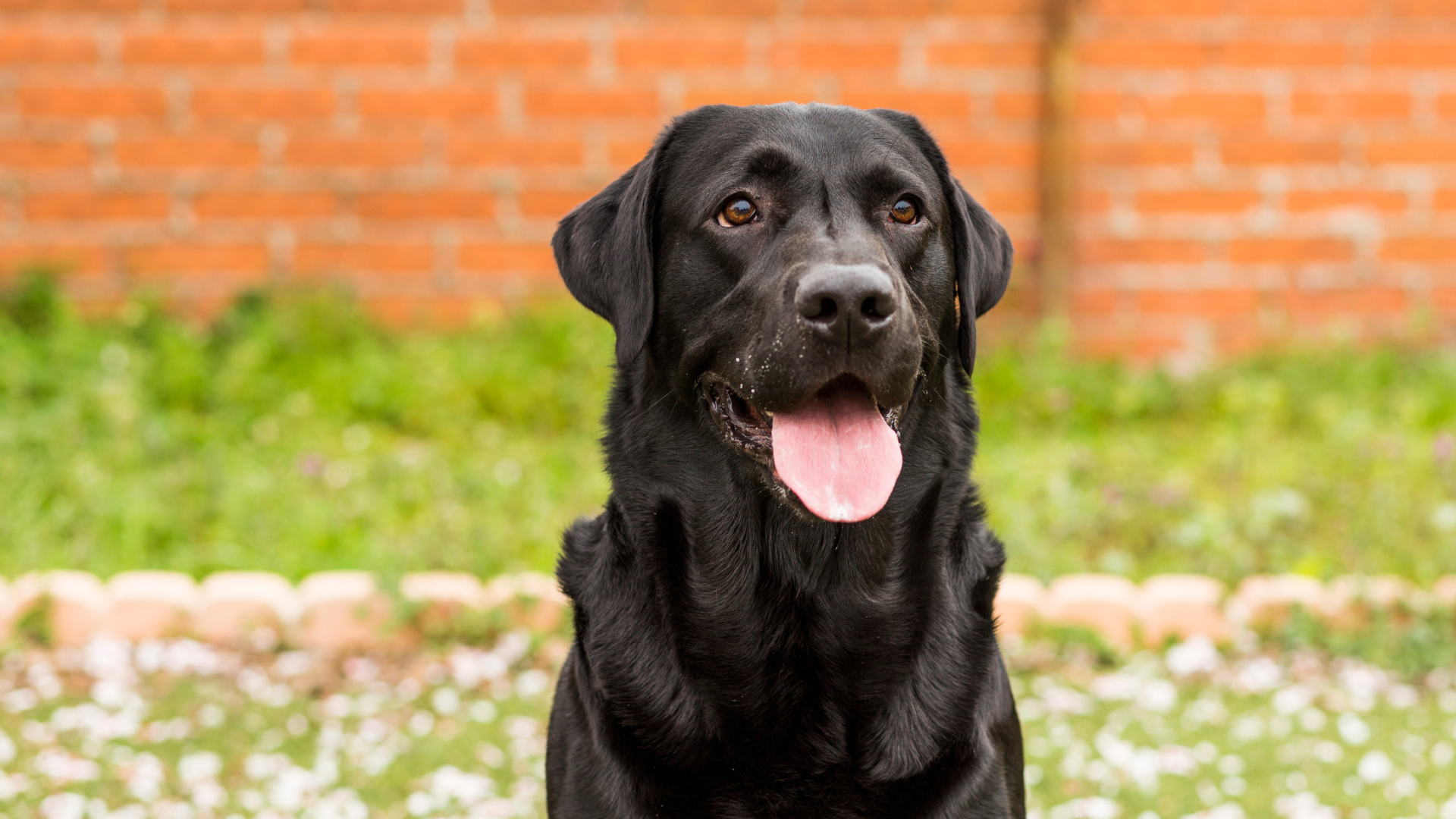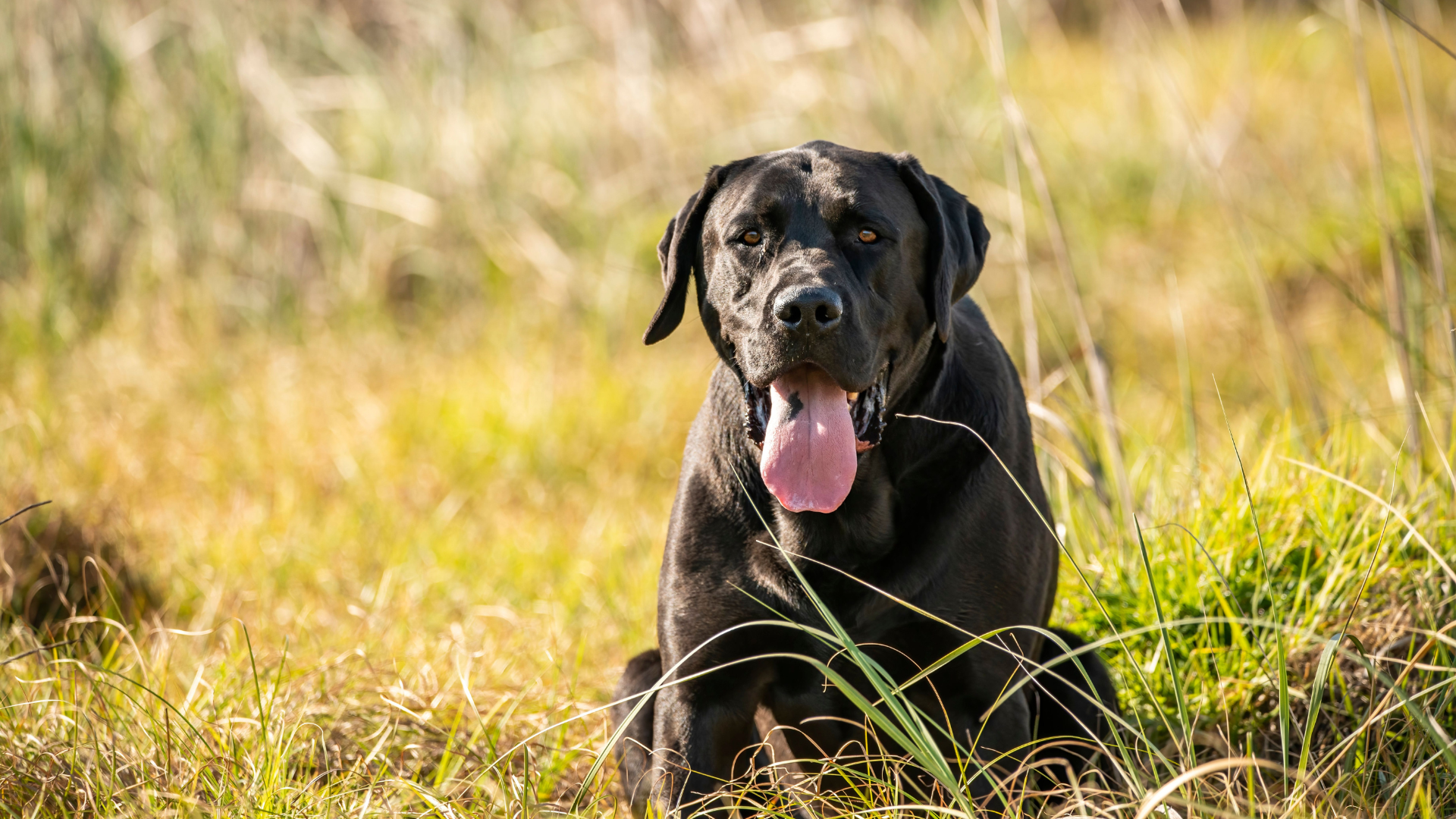The Black Labrador is a popular breed of dog that is loved by many. Known for their friendly and loyal personalities, they are often chosen as family pets. This breed is a subtype of the Labrador Retriever, which is one of the most popular breeds in the world.

Black Labradors are known for their shiny black coat, which is one of their most distinctive features. They are also known for their intelligence, which makes them easy to train. They are often used as guide dogs for the blind, as well as for search and rescue missions. Their friendly and outgoing personalities also make them excellent therapy dogs.
Overall, the Black Labrador is an amazing breed that is loved by many for their loyalty, intelligence, and friendly personality. Whether you are looking for a companion or a working dog, a Black Labrador may be the perfect fit for you.
Breed Overview

History and Origin
The Black Labrador is a type of Labrador Retriever, which originated in Newfoundland, Canada. The breed was developed in the 19th century by the English nobility who were interested in breeding a dog that could retrieve game from both land and water. The breed was initially called the St. John's Water Dog, after the capital city of Newfoundland.
The Black Labrador Retriever is one of three colors of Labrador Retriever, the other two being yellow and chocolate. The breed was recognized by the American Kennel Club in 1917 and has since become one of the most popular dog breeds in the United States.
Breed Popularity
The Black Labrador Retriever is one of the most popular dog breeds in the world. According to the American Kennel Club, the Labrador Retriever has been the most registered dog breed in the United States for the past 25 years. The breed is also popular in other countries, including Canada, the United Kingdom, and Australia.
The breed's popularity can be attributed to its friendly and outgoing temperament, intelligence, and versatility. Black Labradors are known for their ability to excel in diverse activities, including hunting, retrieving, agility, and obedience.
Physical Characteristics
The Black Labrador Retriever is a medium-sized dog with a broad head and a muscular, athletic build. The breed has a double coat that is short, dense, and water-resistant. The coat color is solid black, and the nose is black as well.
Black Labradors have a distinctive "otter tail," which is thick at the base and tapers to a point. The breed's eyes are medium-sized and brown or hazel in color. Black Labradors typically weigh between 55 and 80 pounds and stand between 21.5 and 24.5 inches tall at the shoulder.
Overall, the Black Labrador Retriever is a friendly, intelligent, and versatile dog breed that is well-suited for many activities and lifestyles.
Temperament and Behavior

Personality Traits
Black Labrador Retrievers are known for their friendly and outgoing personalities. They are intelligent and energetic dogs that are eager to please their owners. They are also gentle and affectionate, making them great family pets. Their loyalty and playful nature make them a famous choice for families with children.
Family Compatibility
Black Labradors are highly compatible with families. They are social dogs that thrive on human interaction, and they are known for their ability to get along well with children. They are also very loyal to their families and will go to terrific lengths to protect them.
Social Behavior
Black Labradors are jovial dogs that enjoy the company of both humans and other dogs. They are outgoing and friendly, and they are known for their ability to make friends easily. They are also very active, and they enjoy engaging in activities such as fetching and swimming.
In summary, black Labradors have a superb temperament and behavior that make them excellent family pets. They are friendly, outgoing, intelligent, and affectionate, and they get along well with both humans and other dogs. Their loyalty and playful nature make them a popular choice for families with children.
Health and Care

Common Health Issues
Like all dogs, black Labradors can be prone to certain health issues. Some of the common health concerns for black Labs include hip dysplasia, elbow dysplasia, and progressive retinal atrophy. Regular visits to the vet can help detect these issues early on and prevent them from becoming more serious.
Grooming and Maintenance
Black Labs have a short, dense coat that requires regular brushing to keep it shiny and clean. They shed moderately year-round and heavily twice a year during seasonal changes. Regular brushing can help control shedding and keep the coat clean. Black Labs also need regular exercise and mental stimulation to keep them healthy and happy.
Diet and Nutrition
A balanced diet is essential for a black Lab's health and well-being. High-quality dog food that is rich in protein and nutrients is recommended. Regular exercise is also important to help maintain a healthy weight and prevent obesity-related health issues. It is important to consult with a veterinarian to determine the best diet and exercise plan for your black Lab based on their age, energy level, and overall health.
Training and Activities

Training Techniques
Black Labradors are highly trainable dogs, which makes them a popular choice for many owners. Positive reinforcement is the most effective training technique for Labradors. Using treats, praise, and playtime as rewards for good behavior, owners can teach their dogs obedience and basic commands such as sit, stay, come, and heel.
Exercise Needs
Black Labradors are energetic dogs that require a lot of exercise to stay healthy and happy. They are known for their love of playtime and are eager to please their owners. A daily exercise routine that includes running, playing fetch, and swimming is essential for their well-being.
Suitable Activities
Black Labradors are versatile dogs that excel in many activities. They are natural retrievers which makes them prominent hunting companions. They are also suitable for sports such as agility, dock diving, and obedience trials. Labradors are affectionate and love spending time with their owners, making them great companions for activities such as hiking and camping. Regular brushing is necessary to maintain their coat, which sheds moderately year-round.
Fi GPS Tracking Dog Collar
Fi GPS tracking Dog Collar is ideal for helping keep your Black Lab in the best shape. It enables you to track the dog's exertion levels and steps, which you can compare to other dogs of similar breeds within your neighborhood.

These tracking collars come in four core colors: pink, blue, gray, and yellow. They're a perfect fit for dogs whose neck sizes range between 11.5 and 34.5 inches. With its GPRS tracking feature, you'll instantly get a phone alert if your pup friend ever gets out unexpectedly.
Hence, Black Labradors are intelligent and trainable dogs that require plenty of exercise and playtime. They are suitable for numerous activities and make perfect companions for owners who are willing to provide them with the attention and care they need.
Color Variations
Black Labradors are one of the three colors recognized by the American Kennel Club, the other two being yellow and chocolate. The coat color of black Labradors is a result of a dominant gene that is passed down from generation to generation. While coat color is not the only factor that determines the quality of a Labrador, it is a crucial characteristic to consider when choosing a dog.
Breed Standards
The American Kennel Club has set specific breed standards for Labradors, which include physical and behavioral characteristics. Black Labradors should have a short, dense, and water-resistant coat that is black. They should have a broad head, a strong neck, and a powerful body. Their temperament should be friendly, outgoing, and eager to please.
When it comes to coat color, black Labradors are the most dominant, followed by yellow and chocolate. While white Labradors do exist, they are not recognized by the American Kennel Club and are not considered a true Labrador breed.
Therefore, black Labradors are a popular breed known for their friendly and outgoing temperament, as well as their short, dense, and water-resistant coat. While coat color is a critical characteristic to consider, it should not be the only factor when choosing a Labrador. The breed standards set by the American Kennel Club should also be taken into consideration to ensure that you are getting a high-quality dog.

Choosing a Labrador
When it comes to choosing a Labrador, there are a few important factors to consider. This section will cover finding a breeder and puppy considerations.
Finding a Breeder
Finding a reputable breeder is essential when looking for a black Labrador. It is demanded to research breeders thoroughly to ensure that they are responsible and ethical in their breeding practices. Look for breeders who are registered with the American Kennel Club (AKC) or other reputable organizations.
It is also significant to visit the breeder in person to see the living conditions of the puppies and their parents. A good breeder will be happy to show you around and answer any questions you may have.
Puppy Considerations
When choosing a black Labrador puppy, there are a few things to keep in mind. First, consider whether you are looking for a family companion or a working dog. Black Labradors are known for their intelligence and trainability, making them great family pets as well as excellent hunting dogs.
It is also essential to consider the age of the puppy. While younger puppies may be cute and cuddly, they require more time and attention for training and socialization. Older puppies may already have some basic training and be easier to handle.
Lastly, consider the temperament and personality of the puppy. Each puppy is unique, and it is necessary to choose one that fits well with your family and lifestyle.
Overall, choosing a black Labrador requires careful consideration and research. By finding a reputable breeder and considering important factors such as age and temperament, you can discover the perfect addition to your family.
Labrador Retriever in Culture

Representation in Media
The Labrador Retriever has been a popular breed in various forms of media, including movies, TV shows, and books. In the United States, the breed is often portrayed as a loyal and hardworking companion. One of the most famous examples of a Labrador Retriever in media is Marley from the book and movie "Marley & Me." The story follows the life of a yellow Labrador Retriever and his family, showcasing the breed's friendly and energetic personality.
In Canada, the Labrador Retriever is often associated with the province of Newfoundland. The breed was originally developed in Newfoundland as a working dog for fishing and retrieving. Today, the breed is still used as a working dog in Canada, but it has also become a popular choice for families as a companion pet.
Famous Labrador Retrievers
There have been many famous Labrador Retrievers throughout history. One of the most well-known is probably Buddy, the first dog to live in the White House during the Clinton administration. Buddy was a chocolate Labrador Retriever and understood for his friendly and outgoing personality.
Another famous Labrador Retriever is Endal, a British service dog who gained fame for his ability to assist his owner, a disabled ex-serviceman, with daily tasks. Endal was able to perform a wide range of tasks, including retrieving items, opening doors, and even using an ATM.
Labrador Retrievers are also popular in the world of sports. In the United States, the breed is often used as a hunting dog, but it has also become a popular choice for search and rescue missions. In Canada, the breed is often used in sled dog racing, showcasing the breed's endurance and strength.
Thus, the Labrador Retriever has become a beloved breed in many parts of the world. Its friendly personality, retrieving instinct, and working dog heritage have made it a popular choice for families and working professionals alike.

Conclusion
In conclusion, Black Labradors are truly outstanding companions known for their loving nature, intelligence, and unwavering dedication. Whether as a beloved family pet, a working dog, or a therapy animal, these splendid creatures bring joy and companionship to countless lives.






